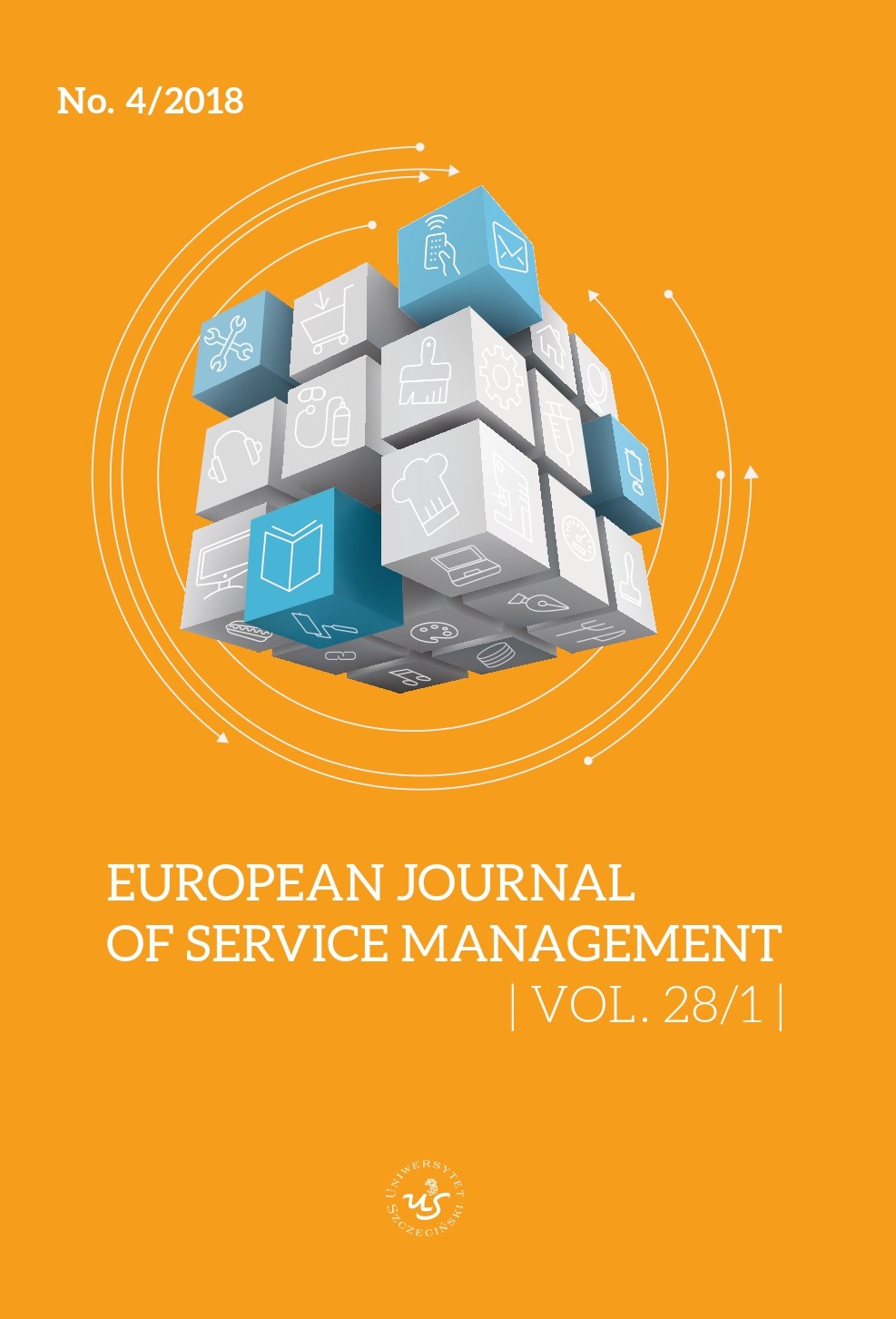The Employee Capital Plans as an element of complementarity of the pension system in Poland
The Employee Capital Plans as an element of complementarity of the pension system in Poland
Author(s): Elżbieta Ociepa-Kicińska, Dawid DawidowiczSubject(s): Politics, Economy, Law, Constitution, Jurisprudence, National Economy, Economic policy, Law on Economics
Published by: Wydawnictwo Naukowe Uniwersytetu Szczecińskiego
Keywords: pension system; retirement savings; pension awareness; employee capital programs
Summary/Abstract: The pension system in Poland in recent years has been strongly reformed. The idea of a three-pillar system operating on the basis of a mandatory capital pillar did not last even two decades. As a result, the mandatory part of the pension system is based solely on the principle of repartition, and at the same time the economic and demographic situation of the country should lead to retirement savings. Unfortunately, the awareness of Poles in this area is negligible. Subsequent changes introduced so far have not been an effective incentive to significantly popularize voluntary forms of accumulating pension savings. This situation is to be changed by the introduction of voluntary and at the same time common employee capital programs. The study analyzed the basis of the introduced changes and the construction of the Employee Capital Plans (Pracownicze Programy Kapitałowe – PPK). On this basis, the principles of the functioning of the PPK were compared with the remaining solutions of the second and third pillar of the Polish pension system. This analysis allowed for the formulation of opportunities and threats resulting from the launch of a new financial tool in the form of a PPK. The main goal of the article was to analyze the third pillar of the pension system, including Employee Capital Plans. PPK supplements the third pillar of the pension system. On the one hand, a new form of saving gives the chance to accumulate more savings for future retirees but on the other hand, does not guarantee the collection of sufficient funds for them. Moreover the voluntary nature of this form may not protect the interest of all employees in Poland. The noticeable effect for employers will be higher labor costs and lower remuneration for employees.
Journal: European Journal of Service Management
- Issue Year: 28/2018
- Issue No: 4/1
- Page Range: 231-237
- Page Count: 7
- Language: English

